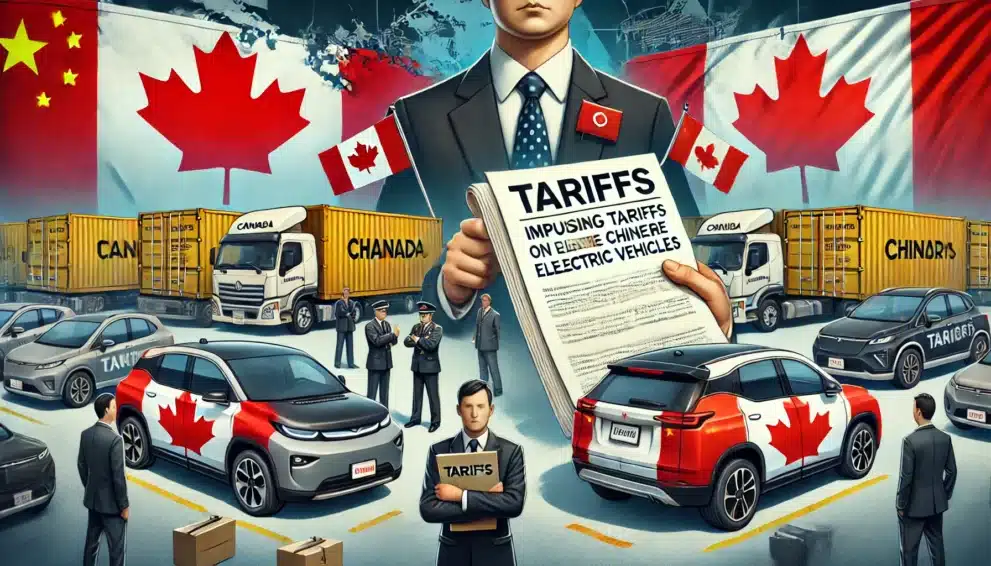
Potential retaliation and higher prices.
Those are some of the things Canada may be setting up for with its decision to impose steep tariffs on steel and aluminum products and electric vehicles from China.
In late August, the Canadian government announced it would impose a 100 per cent surtax on all Chinese-made EVs, effective October 1, 2024.
“Canada is home to the talented workers, raw materials, clean electricity, and specialized production capabilities needed to build electric vehicles, and that is why our EV supply chain potential is ranked first in the world. Canadian workers and critical sectors, including steel and aluminum, however, are facing an intentional, state-directed policy of overcapacity, undermining the Canada’s ability to compete in domestic and global markets. That is why our government is moving forward with decisive action to level the playing field, protect Canadian workers, and match measures taken by key trading partners,” Deputy Prime Minister and Minister of Finance Chrystia Freeland said.
RBC Economist Salim Zanzana broke down the potential consequences of the action.
“While the Chinese imports affected by the new tariffs represent a relatively small but growing share of Canadian imports—especially for EVs and aluminum—the Canadian government is taking pre-emptive measures to protect strategic domestic producers from potential harm, signalling its alignment with the U.S. and other countries in adopting a tougher stance against China,” he wrote. “Although the initial direct economic impact is expected to be small, the tariffs are likely to raise consumer prices for EVs in the short term – or prevent them from falling more rapidly – potentially slowing their adoption in Canada. Tariffs on Chinese steel and aluminum could also raise costs for some businesses reliant on Chinese supply. A possibly greater impact may result from the risk of retaliation and a wider trade conflict. China just initiated a probe into Canadian canola products and recently on EU agricultural commodities in response to the bloc’s tariffs on EVs. It’s also important to be mindful that initiating such trade actions—especially outside the World Trade Organization—could escalate into deeper trade conflicts.”



 Share
Share Tweet
Tweet Share
Share




Comment